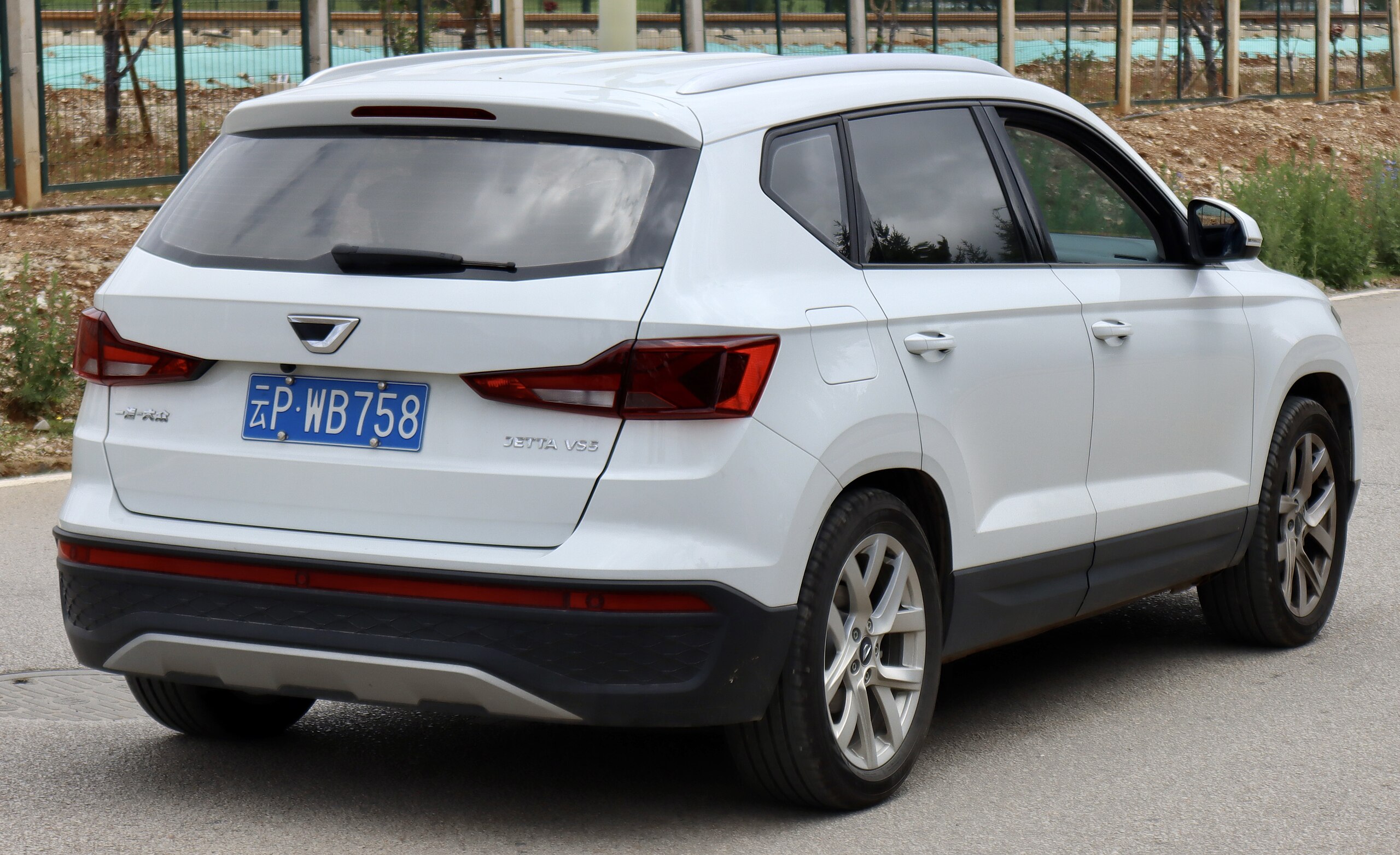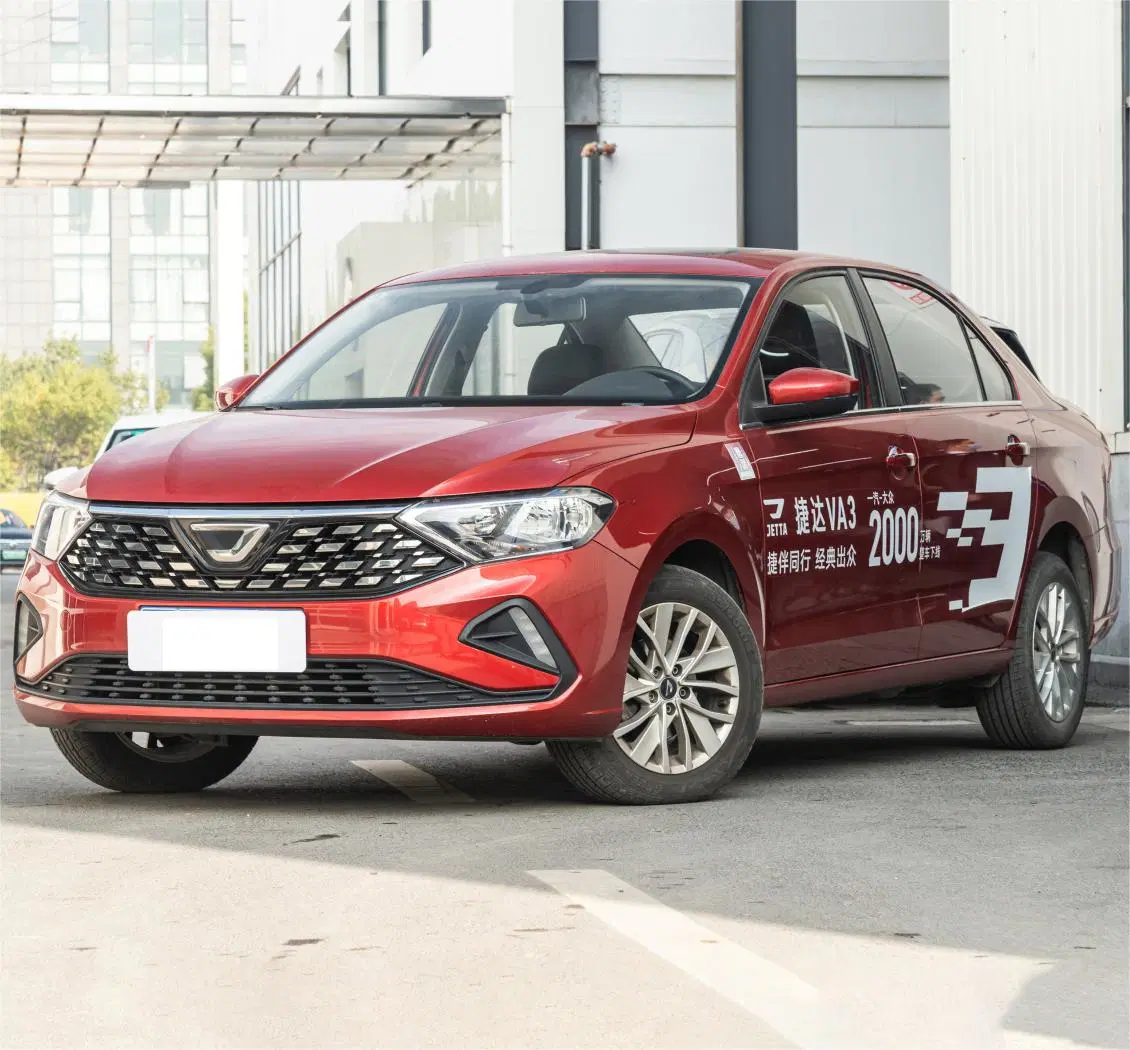Economy and business
Volkswagen’s shadow play: German Jetta Brand defies sanctions, returns to Russia

With a trick, German Volkswagen starts exporting cars to Russia again, despite sanctions. For the Wolfsburg company, the game is played using Chinese branches, but the result is that German models are freely sold in Russia, in defiance of sanctions and violating competition with other European manufacturers. This news is reported by the German newspaper Zeit.
The trick
Viewed in side profile, the Jetta VS5 is difficult to distinguish from a Volkswagen Tiguan, an SUV from Wolfsburg. And the VA3, also a Jetta model, is reminiscent of the VW Polo notchback in every detail, which was also built at the Russian VW plant in Kaluga for the local market until February 2022.
A joint venture between Volkswagen and the massive Chinese automaker FAW, which has a turnover of over 80 billion euros, produces the cars in a factory in China.
The majority of the Volkswagen-FAW joint venture is in Chinese hands. The design of the cars differs only slightly from the VW originals. The most important thing, however, is that while Volkswagen has long since officially withdrawn from the Russian market as a brand, like all other Western carmakers, Jetta is just about to officially regain a foothold in Russia, despite the war and sanctions. And Volkswagen, as one of the two Jetta parent companies, is likely to make a profit from this.

Jetta VA3 from Madeinchina.com
“Models in the German style”
A few weeks ago, Jetta Motors sent out celebratory press releases to the Russian business press announcing the official launch. Jetta Motors (archive) also launched its own website in Russia. It features a long list of official partners and car dealerships throughout Russia. Next to it are advertisements for three models: the VA3, VS5, and VS7.
They are advertised with “German quality” and “exemplary handling”. The VS7 is an SUV with “German DNA”. The brand states that all vehicles are made by the Chinese firm FAW using parts from the Volkswagen Group. “The young Jetta brand” is becoming increasingly popular thanks to its “German-style models”.
Volkswagen actually introduced the name Jetta five years ago as the Group’s new brand for China and advertised it widely. The name goes back to a flopped VW model, the Golf hatchback, which is no longer offered in Europe.
With Jetta, the Wolfsburg-based company then wanted to roll up the mass market in China with German know-how. Based on the VW MQB platform, which is also utilized by Seat and Škoda, are the vehicles. Volkswagen engines, such as the EA211 series found in many VW models, power the Jettas.
A heavy blow for Volkswagen
For Russian customers, the German technology on which the Jetta model is based may well be a selling point. Especially as the Russian market is growing strongly again after the crash of the first two years of the war. According to the Moscow-based consultancy Autostat, 720,000 new vehicles were sold in the first half of the year, around 80 percent more than in the same period in 2023.
Volkswagen was partly responsible for the initial slump in the car market shortly after the start of the war by withdrawing from Russia and halting deliveries. The Group Board of Management at the time reacted to the war with “great concern” and “dismay”. The production and export of cars would be stopped “against the background of the Russian attack,” the group announced one week after the start of the war.
The withdrawal was also a heavy blow for Volkswagen. After all, VW had invested more than 2 billion euros in production in Russia. VW employed about 4,000 people in the nation. A year later, Volkswagen sold its decommissioned plant for a paltry 160 million euros to say goodbye to Russia for good. All this just to re-enter the market through the back door?
China, Russia and VW eventually cooperate to circumvent sanctions
The return of VW cars, with different names, to the Russian market is the result of a combination of operations. On the one hand, Russia has, since 2022, made parallel imports perfectly legal, thus allowing them to take place without any limits.
Second, the exports do not officially start from Germany, but the exporter, through semi-official chains, is the Chinese FAW, the other partner in the Chinese joint venture. So the cars coming to Russia are “From German technology,” but would actually be made in China. That then, probably, a lot of the components are common is a secondary fact, from the point of view of international sanctions.
So VW is officially no longer exporting to Russia even cars under 50,000 euros in value, which it could theoretically still export, and claiming to keep a “Black List” of exporters to the sanctioned country, but then actually having to turn at least a blind eye because the cars are still being sold
Of course, in Wolfsburg, the headquarters of the German automaker, they will claim that they are completely uninvolved in this exporting, that everything is happening against their will, and that it is the Chinese exporters, parallel or otherwise, who are responsible. Actually, something is also coming back into the Germans’ pockets, if only as profits from the joint venture with FAW. And Jetta cars are officially “in stock” in Russia.






